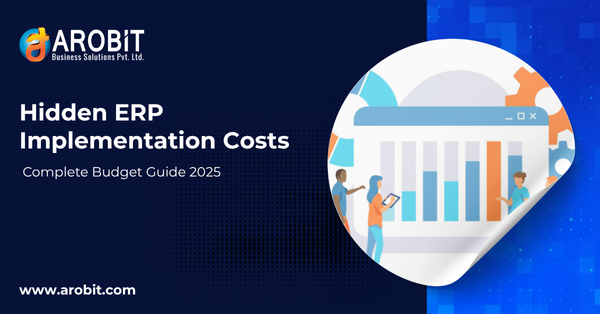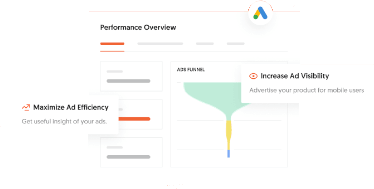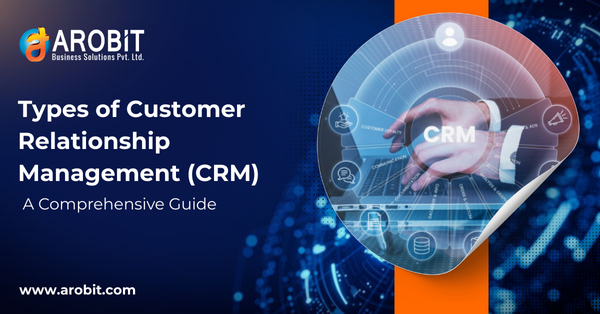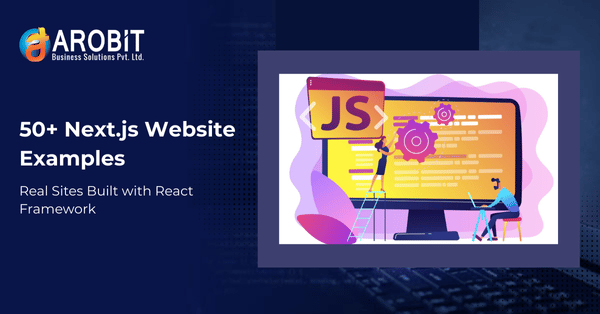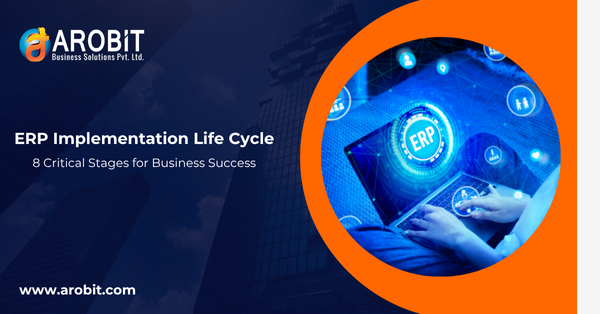When businesses consider investing in an Enterprise Resource Planning (ERP) system, they often focus on the obvious expenses: software licences and basic implementation services. However, after a decade of leading technology transformations at Arobit Business Solutions, I've witnessed firsthand how this narrow perspective can lead to financial surprises that derail projects and strain budgets.
The reality is sobering: 47 percent of organisations faced cost overruns for their ERP implementation projects in 2023, according to Statista. Even more concerning, research shows that 44% of ERP projects experience significant cost overruns, often doubling or tripling initial budgets due to hidden expenses that don't appear in vendor quotes.
As someone who has guided numerous organisations through their digital transformation journeys, I've seen how these unexpected costs can turn a promising ERP implementation into a financial nightmare. Let me share what I've learnt about the true cost of ERP implementation and how you can prepare for the expenses that most vendors won't discuss upfront.
The Market Reality: Why ERP Budgets Fail
The statistics paint a clear picture of the challenge ahead. The median ERP implementation cost among survey respondents was $625,000, according to Panorama Consulting Group's 2023 ERP Report. However, small to mid-sized businesses can expect to spend between $10,000 and $150,000 on a basic ERP implementation, while larger enterprises may invest over $1,000,000.
But here's what caught my attention during our client engagements: among organisations that experienced budget overruns, 38% said the reason was that the original staffing for the project was underestimated, nearly 35% said the initial project scope was expanded, and about 34% cited technical issues.
These numbers align perfectly with what we observe in the field. Businesses consistently underestimate the complexity of ERP implementation, focusing solely on the software cost while overlooking the substantial investments required for successful deployment.
The Hidden Cost Categories That Catch Businesses Off Guard
1. Implementation and Professional Services
Most proposals from ERP development companies include basic implementation services, but the devil is in the details. What starts as a straightforward configuration project quickly evolves into extensive business process analysis, custom workflows, and project management that can consume 40-60% of your total budget.
During one of our recent projects, a manufacturing client discovered that their unique inventory tracking requirements needed custom development that wasn't included in the original quote. The additional customisation alone added 30% to their implementation costs.
2. Data Migration: The Silent Budget Killer
This is where I've seen the most dramatic cost overruns. Legacy data is rarely clean, and the process of extracting, transforming, and loading historical information into your new system is both time-consuming and technically challenging.
In my experience, businesses should allocate at least 15-20% of their total ERP implementation cost for data migration activities. This includes data cleansing, validation, testing, and the inevitable iterations required to get everything working correctly.
3. Training and Change Management
One area where many ERP software development services fall short is adequately preparing organisations for the human side of ERP implementation. Beyond basic user training, successful implementations require comprehensive change management programmes.
Consider this: if your team of 50 employees needs just 20 hours of training each (a conservative estimate), you're looking at 1,000 hours of training time. Factor in trainer costs, training materials, and productivity loss during the learning curve, and these expenses add up quickly.
4. Ongoing Maintenance and Support
Here's a number that surprises many business owners: Maintenance contracts typically cost around 15-20% of the initial software cost per year. For perpetual licences, renewal fees are typically 10% to 20% of the software cost.
This means a $100,000 ERP system could cost you an additional $15,000-$20,000 annually just for maintenance. Over five years, that's another $75,000-$100,000 on top of your initial investment.
Industry-Specific Hidden Costs
Different industries face unique challenges that drive up ERP implementation costs. In manufacturing, we often encounter integration requirements with IoT devices and production monitoring systems. Retail clients need complex point-of-sale integrations across multiple locations. Healthcare and education sectors face stringent compliance requirements that demand specialised security modules.
When evaluating ERP software companies in India or global providers, ensure they understand your industry's specific requirements and can provide realistic cost estimates for sector-specific customisations.
Smart Strategies for Managing ERP Implementation Cost
1. Comprehensive Requirements Analysis
Before engaging with any vendor, invest time in thoroughly documenting your business processes and requirements. This upfront investment pays dividends by reducing scope creep and unexpected customisation needs later in the project.
2. Total Cost of Ownership (TCO) Evaluation
Don't just compare software licensing costs. Evaluate the complete TCO over 3-5 years, including implementation, training, maintenance, and upgrade costs. This approach provides a realistic picture of your investment.
3. Phased Implementation Approach
Consider implementing your ERP software in phases rather than all at once. This strategy helps manage cash flow, reduces implementation complexity, and allows your team to adapt gradually to new processes.
4. Build Contingency Into Your Budget
Based on industry statistics and our experience, I recommend budgeting an additional 25-30% contingency for unexpected costs. This buffer helps you handle scope changes, additional training needs, or technical challenges without derailing your project.
Negotiating Transparent Pricing
When working with ERP vendors, insist on detailed cost breakdowns that include:
- All professional services requirements
- Training and change management support
- Data migration assistance
- Ongoing maintenance and support fees
- Potential customisation costs
Reputable vendors should provide fixed-price implementation clauses where possible and clear boundaries around what's included in their standard services.
The Path Forward
ERP implementation represents a significant investment in your business's future, but success requires realistic budgeting and careful planning. The hidden costs I've outlined aren't meant to discourage you from pursuing ERP implementation—they're meant to help you prepare properly for the journey ahead.
At Arobit Business Solutions, we've helped numerous organisations navigate these challenges successfully by providing transparent cost estimates, comprehensive project planning, and ongoing support throughout the implementation process. The key is partnering with experienced professionals who understand both the technology and the business transformation aspects of ERP deployment.
Remember, a well-implemented ERP system can transform your business operations, improve efficiency, and provide the foundation for sustainable growth. By understanding and planning for all implementation costs upfront, you're setting your project up for success rather than surprises.
The question isn't whether ERP implementation is worth the investment—it's whether you're prepared to invest appropriately in its success. Take the time to understand the true costs, work with experienced partners, and budget realistically. Your future business operations will thank you for the careful planning you do today.

